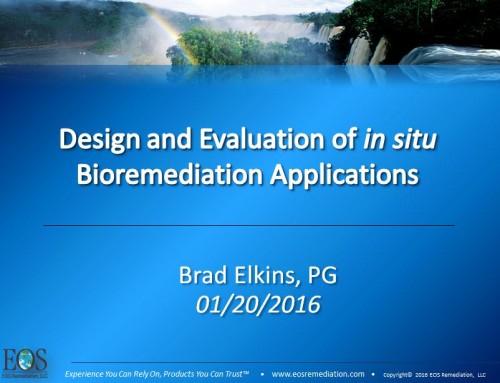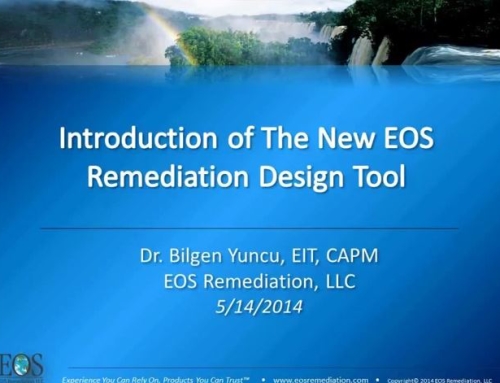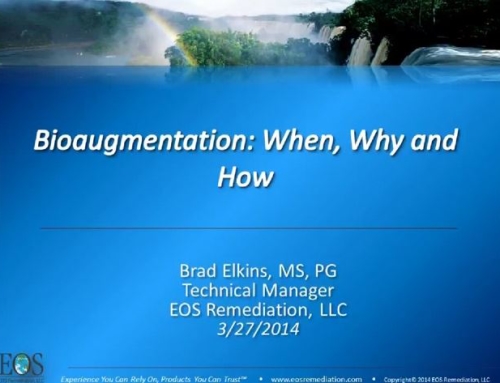The Fate of Vinyl Chloride in Aquifers
Vinyl Chloride (VC) is a proven human carcinogen and a major risk factor in many contaminated aquifers. When present above the maximum concentration level (MCL) of 2 ppb, sites are unable to close and require continued remediation and monitoring. Knowing the pathways and mechanisms that contribute to VC detoxification is essential to predict the fate and longevity of VC in groundwater plumes. VC can be degraded by microbes under oxic and anoxic conditions and is also susceptible to abiotic transformation. Recent efforts have expanded the molecular tools box, and specific qPCR assays to determine the presence and abundance of microbes of interest are available. This presentation will summarize known processes and monitoring tools applicable to VC-impacted sites, and will also identify research needs to enhance remedial strategies and predict VC degradation rates and longevity.



